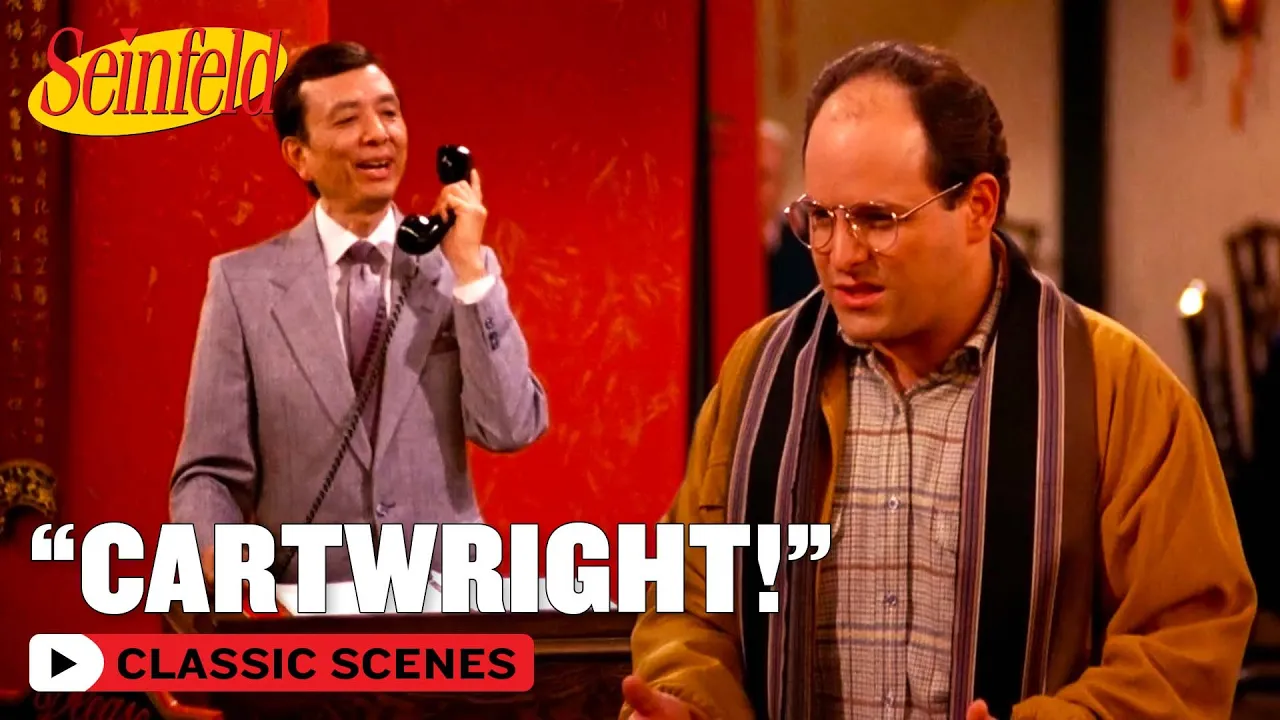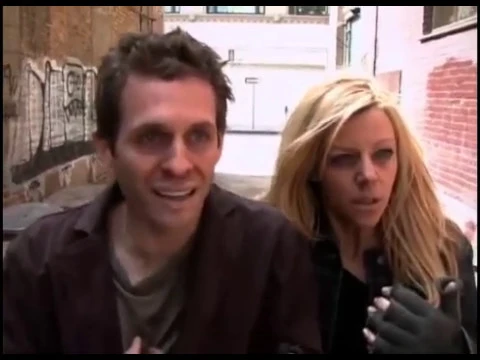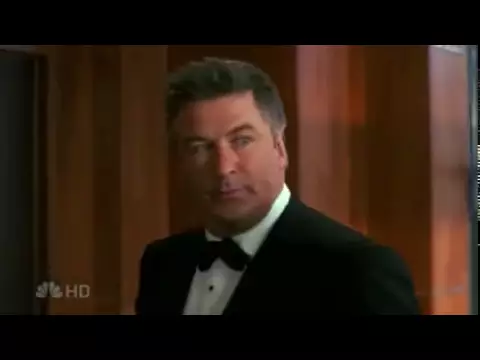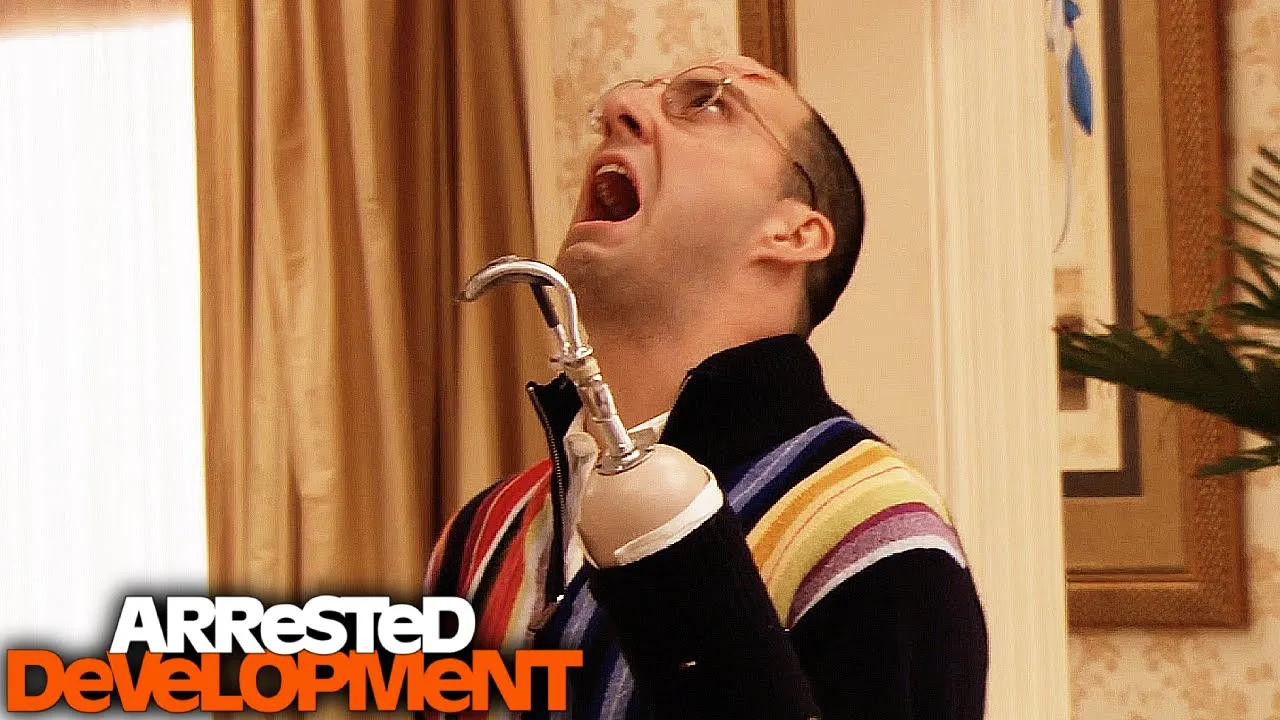5 Sitcoms That Skipped Learning Moments

Modern sitcoms, rightfully, have a bit of a reputation for being not all that funny. The prevailing sensibility seems to be what a generous reviewer would call “wryly funny” and the like instead of, you know, “funny” without the need for modifiers.
That’s all well and good, I guess, if you’re someone who doesn’t want to stop examining the human condition for even 22 minutes at a time. I’m not sure why everyone is so overwhelmed with making important TV comedies when they’re just going to lose the comedy Emmy to The Bear anyways, but I don’t see any signs of it letting up.
That said, some people, including myself, occasionally want our escapism to actually function as an escape, instead of a story of unrequited love and existential dread with some awkward pauses played for laughs.
If you feel the same way, here are some sitcoms with absolutely zero interest in teaching you anything…
Seinfeld

The O.G. show of unrepentant bad behavior, Seinfeld was playing life purely for laughs before it was cool. The characters live in a way we dream of — with pure, often unearned and righteous fury at any inconvenience. The rest of the world and the human race exist only as obstacles and target practice for the central characters, and that’s exactly what someone who’s just spent all day in servitude at an office job wants.
Tell me that the famous Chinese Restaurant episode would be made better by a reflection at the end that the food tastes better because of the wait, or that the delay actually strengthened their friendship in ways they didn’t expect. Gag, bile, emotional blood sugar spike from overly saccharine dreck. No, waiting a long time for a table sucks. So why not make some jokes about it?
It’s no surprise that the finale, which existed to finally ask the characters to reckon with their morality, was widely hated. That’s not what we’re here for!
It’s Always Sunny in Philadelphia

After Seinfeld, we have to include its spiritual successor in It’s Always Sunny in Philadelphia. Another show that’s happy to follow the selfish and usually illegal actions of its deplorable cast without the need to wag its finger. To me, that’s part of what’s so obnoxious about lesson-first sitcoms — they’re more often than not condescending. The lessons are rarely anything that you didn’t learn after a tantrum in first grade.
No one needs a diatribe about how you shouldn’t slice someone’s jugular with a trash can lid in an unlicensed wrestling match. A lot of sitcoms would see an episode about the cast becoming addicted to crack as an opportunity to address the problems of addiction and set their audience on the right path. This is the television equivalent of a “DO NOT DRINK” warning label on a bottle of Drano. I won’t be treated like a fool by a plastic jug.
30 Rock

Tina Fey and the other writers behind 30 Rock are celebrated endlessly for their brilliance. But they managed to do that without ever having an episode that’s some depressing dive into a writer’s personal life. Oh, Kenneth, you grew up in rural Georgia and now you’re adjusting to life in the big city? Wow, should we really get into that and waste a couple minutes per episode with close-ups of you being wistful? No, the only development of your personal lore that we’re going to do is to make you an immortal being.
They deftly avoided another pitfall of preachy filler with the constant wealth inequality humor coming from Jack Donaghy and executives. You don’t need to lay out that Jack doesn’t understand the common man with the subtlety of a cardboard-paged children’s book, you just write him as an unlikable, cartoonish fat cat and trust the audience to get it.
Arrested Development

Speaking of wealth inequality, Arrested Development is another sitcom applauded for its tungsten-level joke density. Something that, unfortunately, doesn’t get you the slow-clap from people who wax poetic about comedy being an examination of struggle. I agree with them, if the struggle in question is, say, Mr. Bean struggling to get a turkey off his head.
Arrested Development is full of deeply, deeply emotionally damaged people. Thankfully for all of us, they don’t feel the need to belabor that point by showing them crying while looking out a bay window in a robe. We don’t need to sacrifice the comedic momentum with a sidebar that feels like a Zoloft commercial fanfic. I don’t see Buster screaming, “I’M A MONSTER!” and think tearfully, “That must be so hard for him.”
The Mighty Boosh

Less popular than other entries, especially here in America, but undoubtedly not preoccupied with emotion is the British cult classic sitcom The Mighty Boosh. More people are likely familiar with Noel Fielding from the Great British Bake-Off these days, but if you’re looking for pure, joyful, borderline idiotic comedy, I can’t recommend The Mighty Boosh enough.
Of course, you’re not much at risk of getting melodramatic when a gorilla and a shaman are a main part of your cast. Nor are you particularly likely to drift into the realm of complicated emotion when the episode you’re working on has an improvised song about different kinds of soup — no matter if soup is a classic meal of the depressed. They even showed their appreciation, via Rich Fulcher’s character, for a form of comedy that, I think, probably goes back to almost prehistoric times: a guy in a shirt that’s way too small.
Source link





